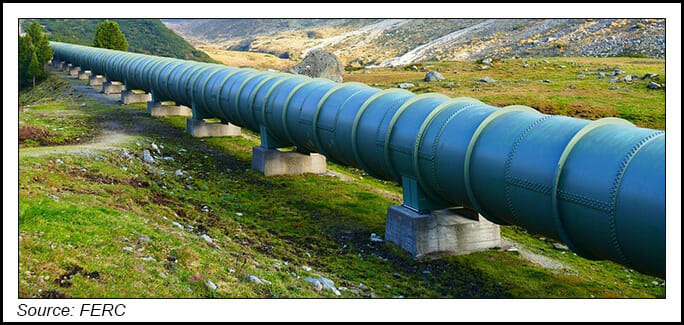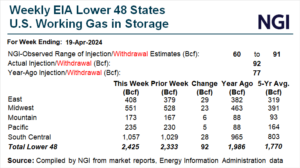Infrastructure | NGI All News Access | NGI The Weekly Gas Market Report | Regulatory
Manufacturers Push for Mandatory Federal Cybersecurity Standards for Natural Gas Pipelines
© 2024 Natural Gas Intelligence. All rights reserved.
ISSN © 1532-1231 | ISSN © 2577-9877 | ISSN © 1532-1266 |



